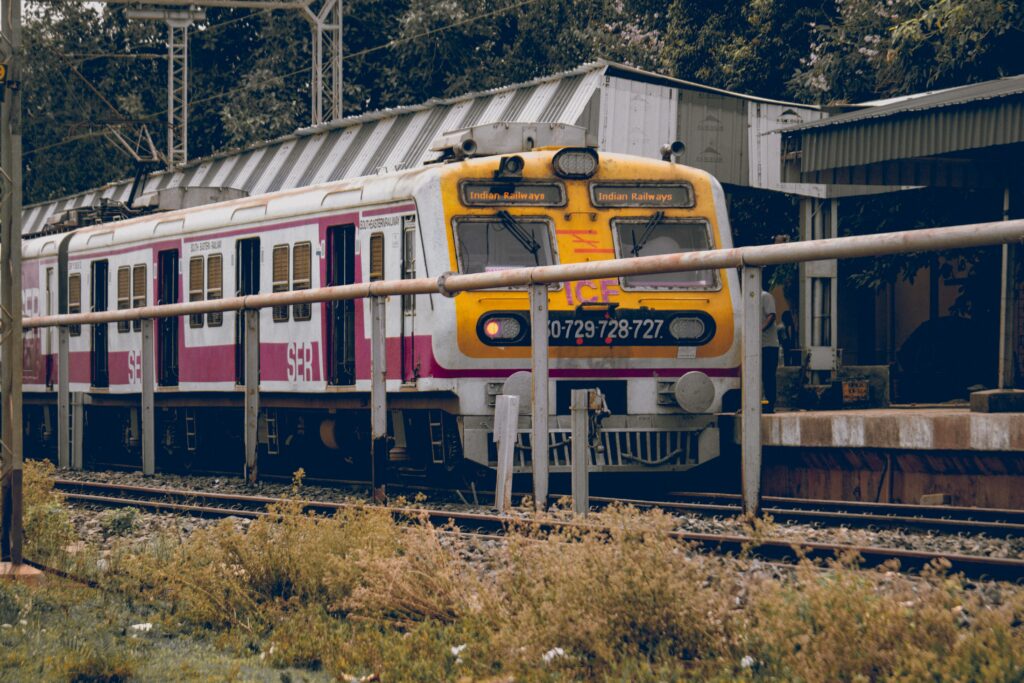
Indian Railways is not just a transportation network; it’s a massive employment generator, providing livelihoods to millions. With a workforce exceeding 1.3 million, it’s one of the world’s largest employers. Let’s delve into the intricacies of employment in this behemoth organization.
Structure of Employment
Indian Railways has a hierarchical structure, dividing employees into four primary groups:
Group A:
- Highest level of management
- Includes positions like Chairman, Railway Board Members, General Managers, and other top executives.
- Requires specialized qualifications and extensive experience.
Group B:
- Middle management level
- Consists of officers who manage various departments and divisions.
- Recruitment through competitive exams like UPSC Civil Services or Railway Service Commission exams.
Group C:
- Supervisory and technical posts
- Includes positions like Station Masters, Junior Engineers, and various technical staff.
- Recruitment primarily through Railway Recruitment Boards (RRBs).
Group D:
- Non-gazetted, subordinate staff
- Includes positions like Track Maintainers, Porters, and other support staff.
- Entry-level jobs, often filled through RRB exams.
Recruitment Process
The primary recruitment agencies for Indian Railways are:
- Union Public Service Commission (UPSC): For Group A and some Group B posts.
- Railway Service Commission (RSC): For Group B posts.
- Railway Recruitment Boards (RRBs): For Group C and Group D posts.
The recruitment process typically involves:
- Written Examination: Objective and descriptive tests to assess general aptitude, technical knowledge, and reasoning ability.
- Physical Efficiency Test (PET): Required for certain posts to ensure physical fitness.
- Medical Examination: To check candidates’ overall health and fitness for the job.
- Document Verification: Verifying educational qualifications, age, and other eligibility criteria.
Job Profiles
Indian Railways offers a wide range of job profiles:
- Engineering: Civil, mechanical, electrical, and signaling engineers are crucial for infrastructure development and maintenance.
- Operations: Ticket booking, train scheduling, and station management are key areas.
- Commercial: Freight and passenger traffic management, advertising, and catering.
- Accounts: Financial management, auditing, and budgeting.
- Personnel: Human resource management, recruitment, and employee welfare.
- Traffic: Train operations, safety, and passenger amenities.
Challenges and Opportunities
While Indian Railways is a stable employer, it faces challenges like:
- Large workforce: Managing a vast workforce is complex.
- Infrastructure bottlenecks: Overcoming infrastructure constraints to improve efficiency.
- Technological advancements: Adapting to new technologies to enhance services.
Despite these challenges, Indian Railways offers immense growth opportunities. The ongoing modernization and expansion projects create new job roles, making it an attractive career option for many.
Future Outlook
Indian Railways is undergoing a massive transformation. The focus on high-speed rail, dedicated freight corridors, and digitalization will create new job opportunities. The railway is also emphasizing skill development to enhance the capabilities of its workforce.
In conclusion, employment in Indian Railways is a diverse and rewarding experience. With its rich history, vast network, and ongoing modernization, it continues to be a significant contributor to the Indian economy and a preferred employer for millions.
